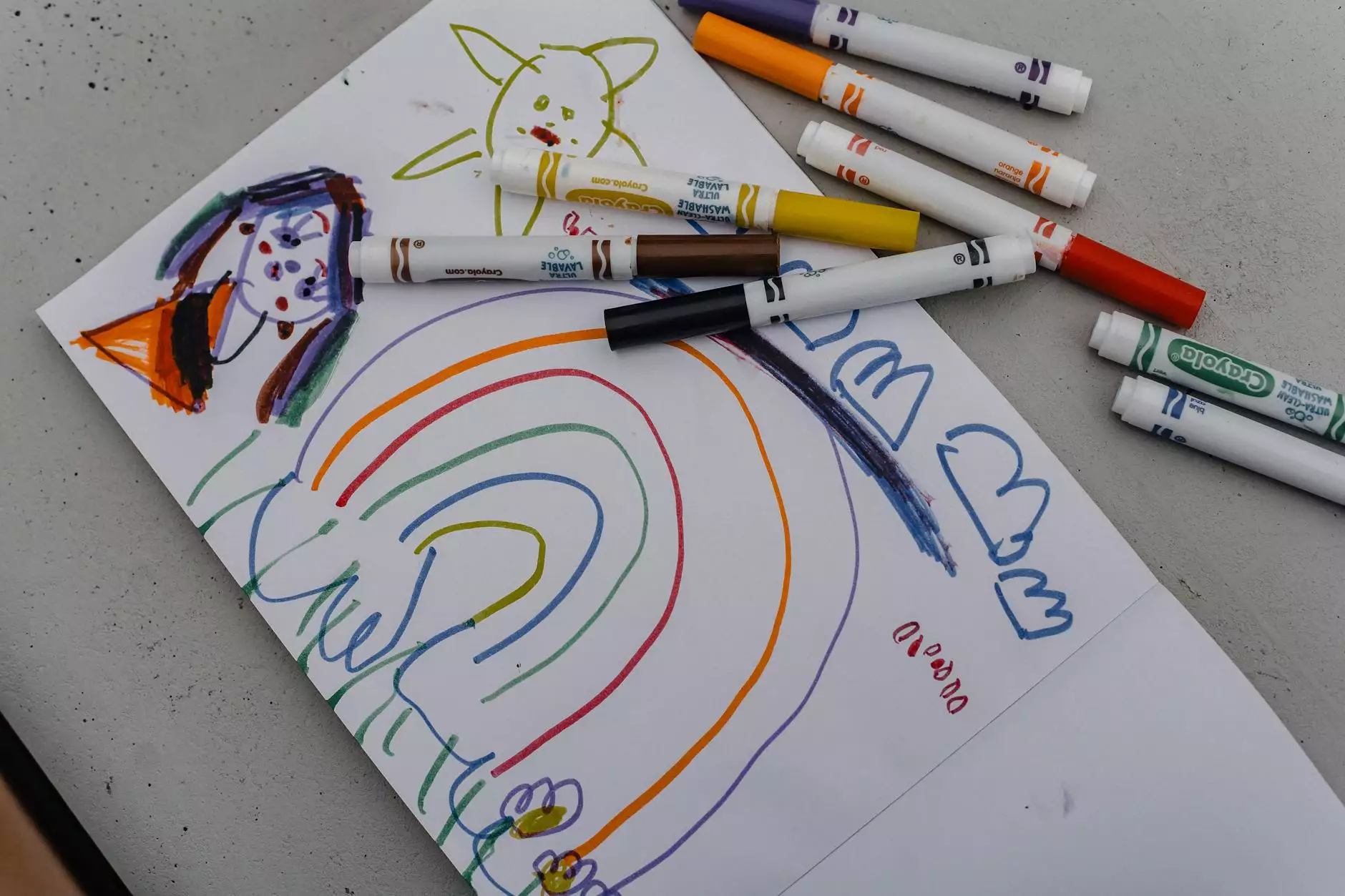Prepositions | Page 2
English Grammar Lessons
Introduction to Prepositions
Understanding prepositions is essential for mastering the English language. In this free English lesson provided by NJCLT, we delve into the world of prepositions, examining their usage and providing practical examples to help you communicate more effectively.
What Are Prepositions?
Prepositions are words that establish relationships between nouns, pronouns, and other words in a sentence. They often indicate location, direction, time, or the relationship between ideas. Common examples of prepositions include "in," "on," "at," "for," "to," and "with."
Using Prepositions Correctly
Correct usage of prepositions can significantly impact the clarity and accuracy of your writing. NJCLT's free English lesson offers comprehensive guidance on using prepositions correctly in a variety of contexts. Whether you are a beginner or an advanced learner, this lesson can help you refine your language skills.
Common Prepositions and Their Usage
In
One of the most frequently used prepositions, "in" indicates location within a particular space or time. It can refer to being inside a room, a city, or a period. For example:
- I am in the classroom.
- The event will take place in July.
On
"On" is another versatile preposition used to indicate surface contact or time. It can refer to being physically on an object or a surface, as well as days of the week. For example:
- The book is on the table.
- We will meet on Monday.
At
The preposition "at" is used to indicate a specific location in time or space. It can refer to a physical place, an event, or a specific point in time. For instance:
- I will meet you at the park.
- The concert starts at 7 pm.
Prepositions of Movement
Prepositions of movement indicate the direction of an action or movement. Some common prepositions of movement include "to," "from," "into," "onto," and "out of." Here are a few examples:
To
The preposition "to" denotes movement towards a destination or goal. It is commonly used with verbs of motion. Consider the following examples:
- I am going to the store.
- We traveled to Paris last summer.
From
"From" indicates movement away from a place or origin. It can be used to describe various forms of departure. Here are a couple of examples:
- I came from New York.
- The train departs from platform 3.
Mastering Prepositions for Improved Communication
By gaining a strong understanding of how prepositions work, you can significantly enhance your English language skills. NJCLT's free English lesson provides detailed explanations, practical examples, and engaging exercises to help you grasp the intricacies of prepositions. Take your communication to the next level with NJCLT!
Conclusion
Prepositions play a crucial role in the English language. NJCLT's free English lesson on prepositions offers valuable insights, effective guidance, and comprehensive explanations to help you use prepositions correctly. Whether you are a student, a professional, or an English learner, this lesson will equip you with the knowledge and confidence to communicate more effectively. Improve your language skills with NJCLT today!










